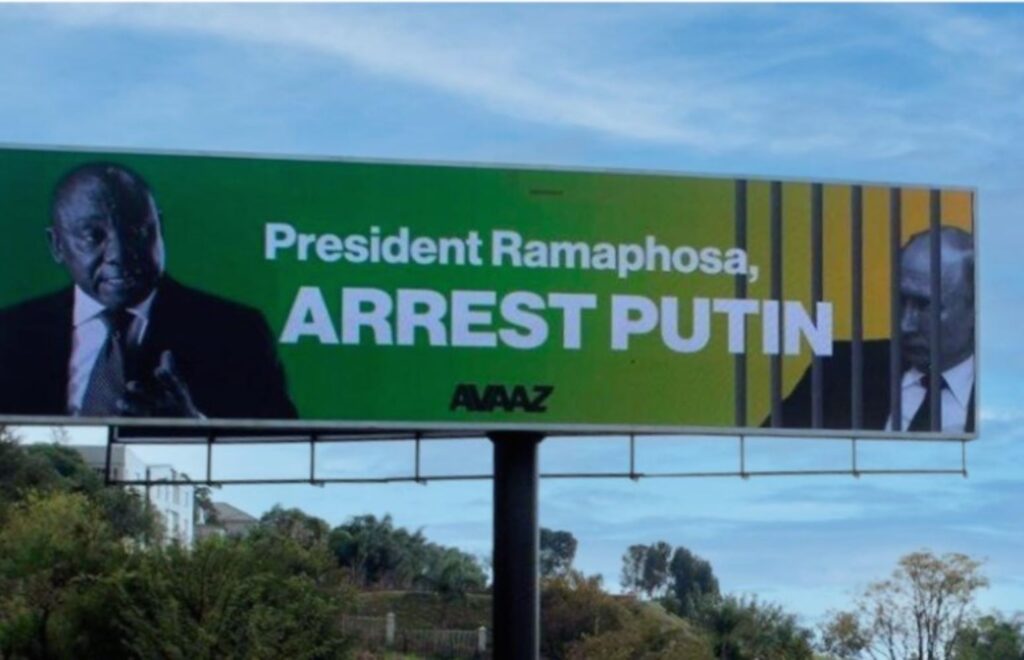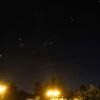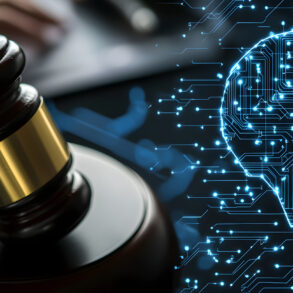THE REPUBLIC of South Africa has found itself deep in the middle of a potential diplomatic crisis that could have implications far beyond its borders in the Russia-Ukraine war.
In March the International Criminal Court (ICC) issued an arrest warrant for Russian President Vladimir Putin for alleged war crimes in the ongoing Russian invasion of Ukraine.
The ICC, while influential, doesn’t have the power to arrest suspects but instead exercises jurisdiction through its member states.
Russia is not a signatory to the ICC and thus Putin is relatively safe within his own country. The issue comes if he should leave Russia for any reason, and visit a country that is a signatory of the ICC. That country would be legally obligated to arrest Putin if this possibility ever arose.
This is where South Africa becomes involved because in August South Africa is hosting the BRICS summit of which the country is an important member of. The BRICS summit is a meeting featuring the leaders of member states from Brazil, India, China, Russia and South Africa.
The group acts as an alternative to the G7 nations in pushing for a different global order.

South Africa is also a member of the ICC and is therefore legally obligated to arrest Vladimir Putin.
This conflict of interest has South Africa’s ruling ANC government at the heart of an intense political pressure storm.
Conversely this conflicts with ANC party members (and many people across Africa) that want to uphold South Africa’s loyalty to Russia.
The decision that South Africa makes will be a litmus test of how far African political power and agency can go in the 21st century.
The court has a very mixed reputation. For some it is a force that could hold the most powerful leaders to account for crimes against humanity while harmonising international cooperation.
For others it is an illegitimate institution that undermines state sovereignty and reinforces an international order that favours Western imperial interests.
It is within this context that the Government of South Africa has an unenviable challenge to navigate. Within the country and among many people across Africa there is great suspicion and resentment towards the ICC.
Since the ICC’s creation all forty individuals that have been indicted have been from African countries, with seventeen people being detained at the Hague, ten been convicted of crimes and only four have been acquitted.
This has led to widespread accusations of racism, White supremacy, neocolonialism and Western hegemonic bias being entrenched within the court system.
This perception is not helped by the fact that governments from powerful countries such as the United States regularly threaten the ICC when attempts are made to investigate and charge members of the U.S. armed forces, the CIA as well as U.S. allies such as Britain and Israel.
The United States under the Bush administration in the 2000s pressured countries around the world into entering into bilateral agreements requiring them not to surrender U.S. nationals to the ICC severely undermining the institution’s authority and impartiality.
The South African perception of Russia like many other African countries is largely informed by the support that the Soviet Union gave to various anti-colonial movements in the form of weapons, training, and supplies against Western colonial powers.
So for many in South Africa and Africa as a whole, Vladimir Putin is an ally and not another White European imperialist. This sentiment is echoed by South African politician Julius Malema who has proposed providing protection for Putin if he enters South Africa for the duration of his visit.
He argues: “President Putin is welcome, we know our friends, we know the people who liberated us, we know the people who supported us.”
Ignoring the arrest warrant would not be without its difficulties however, South Africa is currently gripped by high unemployment and declining infrastructure.
Moreover it is stuck in the middle of an energy crisis which has been ongoing since 2007 and has been exacerbated by the Russian invasion of Ukraine which has contributed to soaring energy prices which has stifled economic growth by 17 percent.
South African President Cyril Ramaphosa has been tempted by a dual offer made by the Dutch Prime Minister Mark Rutte and Danish Prime Minister Mette Frederiksen to add €300 million to EU and US assistance in ending the energy crisis while also funding a green transition towards renewable energy sources.
The catch is that the South African government must end its official position of neutrality on Russia in relation to its invasion of Ukraine.
Ramaphosa’s ambiguity on this decision however is putting his country at economic risk with tensions continuing to rise after the US Ambassador Reuben Brigety last December accused South Africa of providing arms to Russia through ships docked in Cape Town.
This caused the South African currency, the rand, to sink significantly against the U.S. dollar.
The United States has also considered potential sanctions for an ailing South Africa in the event of a Putin visit.
Market analyst Peter Attard Montalto corroborates this, arguing that the Western backlash would be severe and the currency “would blow up”.
Some parts of the South African media have suggested that the government is being used by Putin to draw South Africa into an unnecessary conflict with the West.
While there is evidence that the South African government is attempting to circumnavigate this issue by having the BRICS summit be hosted in another country, this issue highlights the challenge that African countries have in terms of setting and maintaining their own political agenda.
Former South African President Thabo Mbeki has argued that had there been an “African court of justice” with the collective support of other African states then perhaps South Africa would not be stuck in between the geopolitical struggles of the West and Russia.
Whatever the position that South Africa takes, it will send a clear message on where it wants to align on the geopolitical landscape.
This post was originally published on this site be sure to check out more of their content.








